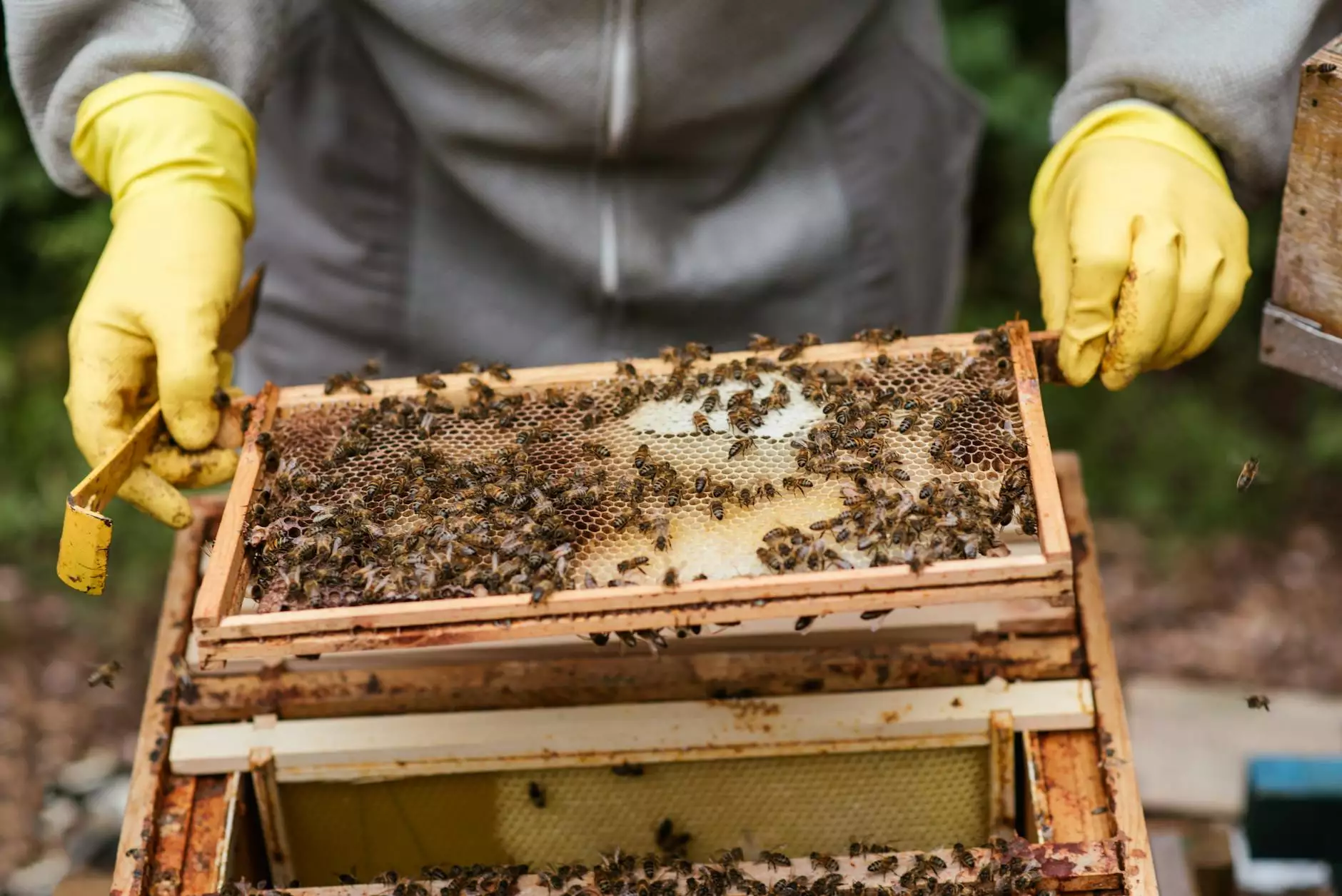The Ultimate Guide to Grain Storage Insect Control

Grain storage insect control is a crucial aspect of maintaining the quality and quantity of stored grain in the agricultural industry. Proper pest management strategies are essential for preserving the profitability of grain storage facilities, ensuring the safety of stored products, and maximizing the lifespan of farm equipment. In this comprehensive guide, we will delve into the best practices for grain storage insect control and its significance in the realm of farm equipment repair and farming equipment.
Understanding the Importance of Pest Management in Grain Storage
Grain storage facilities are highly susceptible to infestations by various types of insects that can cause significant damage to stored grains. These pests can compromise the quality of the grain, leading to financial losses for farmers and storage facility operators. Implementing effective grain storage insect control measures is essential for mitigating these risks and ensuring the overall profitability of the agricultural operation.
The Impact of Insect Infestations on Farm Equipment
In addition to the detrimental effects on stored grains, insect infestations can also negatively impact farm equipment. Insects can damage machinery, degrade equipment components, and even pose safety hazards to farm workers. By prioritizing grain storage insect control, farmers and equipment operators can protect their assets, prolong the lifespan of their machinery, and reduce the need for frequent repairs.
Best Practices for Effective Grain Storage Insect Control
When it comes to grain storage insect control, prevention is key. Implementing proactive measures to deter pests from entering storage facilities is far more cost-effective than dealing with infestations after they occur. Here are some best practices to consider:
- Regular Inspection: Conduct routine inspections of storage facilities and farm equipment to detect early signs of insect activity.
- Proper Sanitation: Keep storage areas clean and free of food debris to eliminate attractants for pests.
- Sealing and Ventilation: Ensure that storage containers are properly sealed and provide adequate ventilation to prevent moisture buildup.
- Integrated Pest Management: Implement a holistic approach that combines mechanical, biological, and chemical control methods for optimal results.
- Monitoring and Record-Keeping: Use monitoring devices to track insect populations and maintain detailed records of pest control activities.
The Role of Pest Control Professionals in Grain Storage
For farmers and storage facility operators seeking expert assistance in grain storage insect control, partnering with pest control professionals can offer valuable insights and solutions. Experienced technicians can provide customized pest management plans, recommend effective control products, and offer ongoing support to ensure long-term success in pest prevention.
Conclusion
Effective grain storage insect control is paramount for sustaining the integrity of stored grains, safeguarding farm equipment, and optimizing agricultural operations. By prioritizing proactive pest management strategies and seeking support from industry experts, farmers and storage facility operators can overcome the challenges associated with insect infestations and achieve long-term success in the competitive agricultural landscape.
For more information on grain storage insect control and its significance in farm equipment repair and farming equipment, visit tsgcinc.com.









